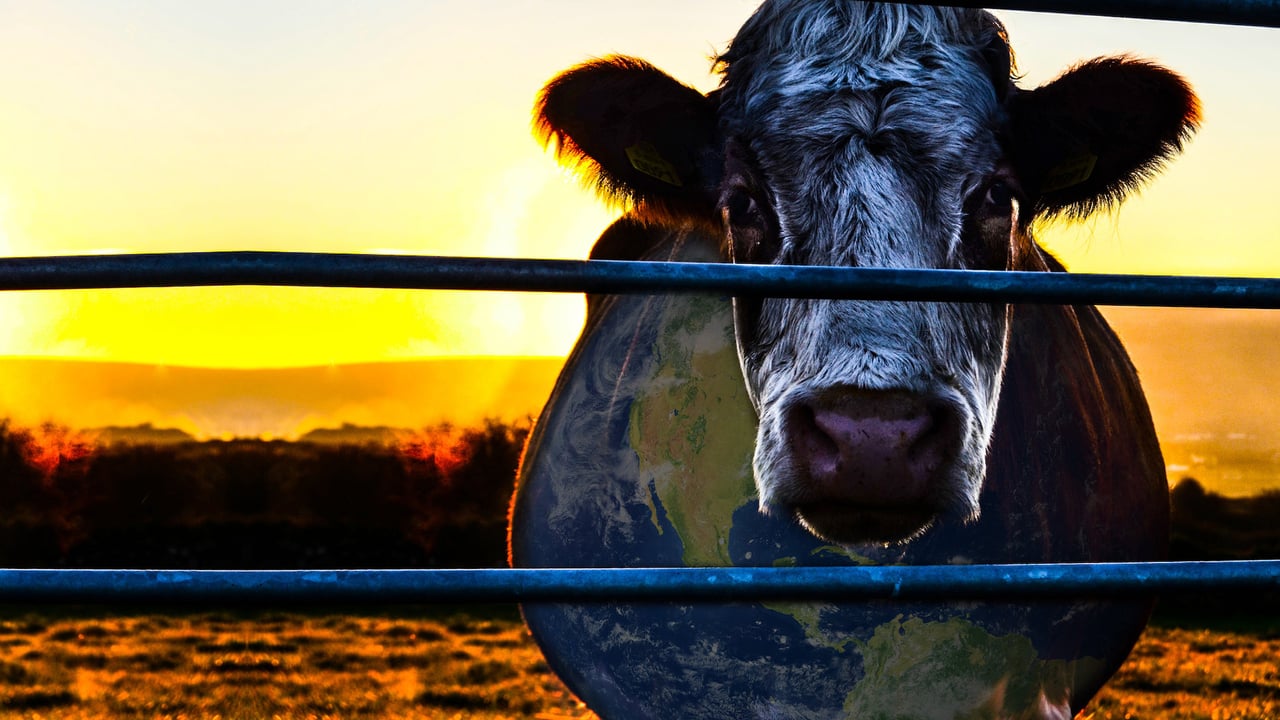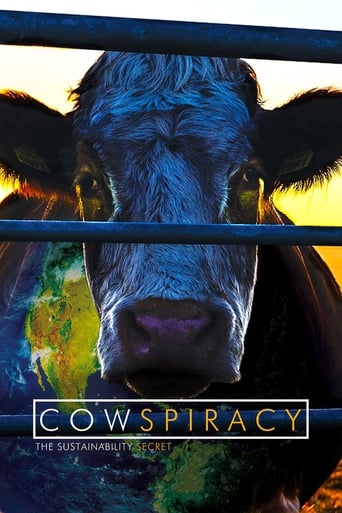

terrible... so disappointed.
... View MoreThis film is so real. It treats its characters with so much care and sensitivity.
... View MoreIt is a whirlwind of delight --- attractive actors, stunning couture, spectacular sets and outrageous parties.
... View MoreAmazing worth wacthing. So good. Biased but well made with many good points.
... View MoreIt was a waste of time. I saw the first part and it was very boring.
... View MoreThe US agricultural industry not only causes huge environmental and human health problems, they get virtually a free pass from any meaningful regulatory oversight and rarely get criticized or exposed. This movie does a great job of showing some of the facets of harm and lack of control or attention paid to this problem. Just a tremendously huge breath of fresh air.
... View MoreI work as a researcher in the energy sector. CO2 emissions are literally a part of my job. Everybody agrees we are emitting too much emissions. The movie tells lie after lie about greenhouse gas emissions. Yes its true that methane is about 25 times more powerful as a greenhouse gas, but even taking that into account the Enteric Fermentation (Farts and burps) of cattle accounts for 3 percent of the total. While the energy sector emits 29% and the transport 27%. That is why no one is talking about it! because we have to first focus on bringing down the emissions of the sectors that emit a lot more CO2 equivalent gases. The part about destroying the forests and the environment for our animals could be true. But the part of the water is another time way over exaggerated. Yes a burger needs a lot of water to be produced, but most of that water falls right out of the sky as rain.After 20 minutes I just couldn't take the lies anymore they invent numbers like cattle accounts for 50% of all emissions...I believe in improving the environment and that we have to change a lot to combat with climate change. But what they are proposing is the same as his example of the shower. Not eating meat isn't going to help at all compared to improving the emissions of transport and improving the emissions of the energy sector, the sector that emits the most CO2. So lets invest in Carbon capture and storage for coal and CCGT plants, install more renewable generation, all buy electric cars, and that's the way to solve the problem. Not becoming vegetarian.I was so furious about the numbers they were claiming that I really had to write a review. (first review ever on IMDb by the way)
... View MoreLots of other reviews have stated how this documentary works as propaganda by misrepresenting facts and selecting dubious sources, so I won't repeat. I just want to express my disgust.I am stunned that someone so bent on spreading "the truth" can simultaneously reach his hand into the evidence bag and manipulate and misrepresent the real truth to fit his view of the world. Or to fit a sexy storyline for his career-making documentary... Kip, you are no better than Goebbels. In your self-righteous pursuit of film success you sell out the only thing that really matters in your profession: the truth.I really hope you change your path in life. The road to hell is paved with good intentions, and big egos. Please put yours aside, for the sake of a world innocently consuming the trash you put forth.
... View More